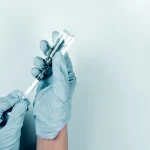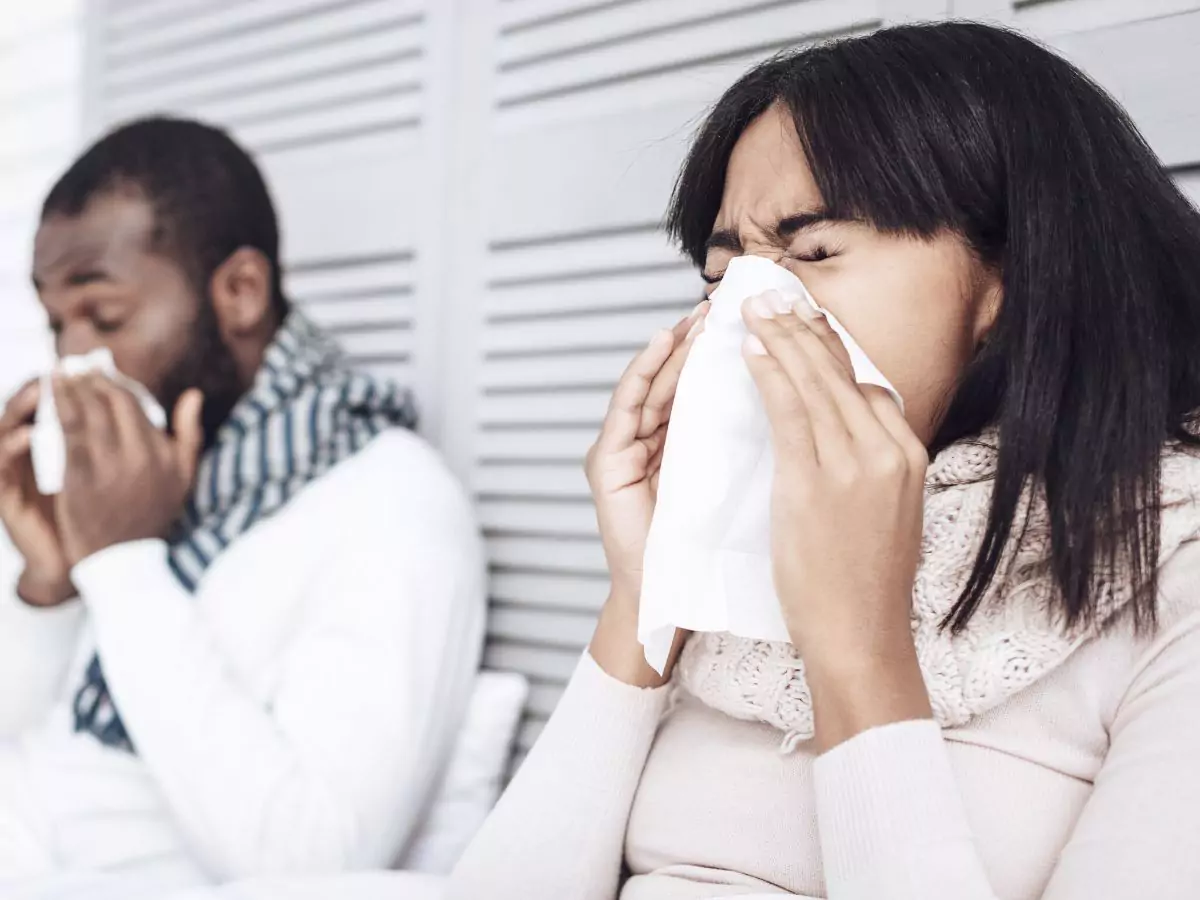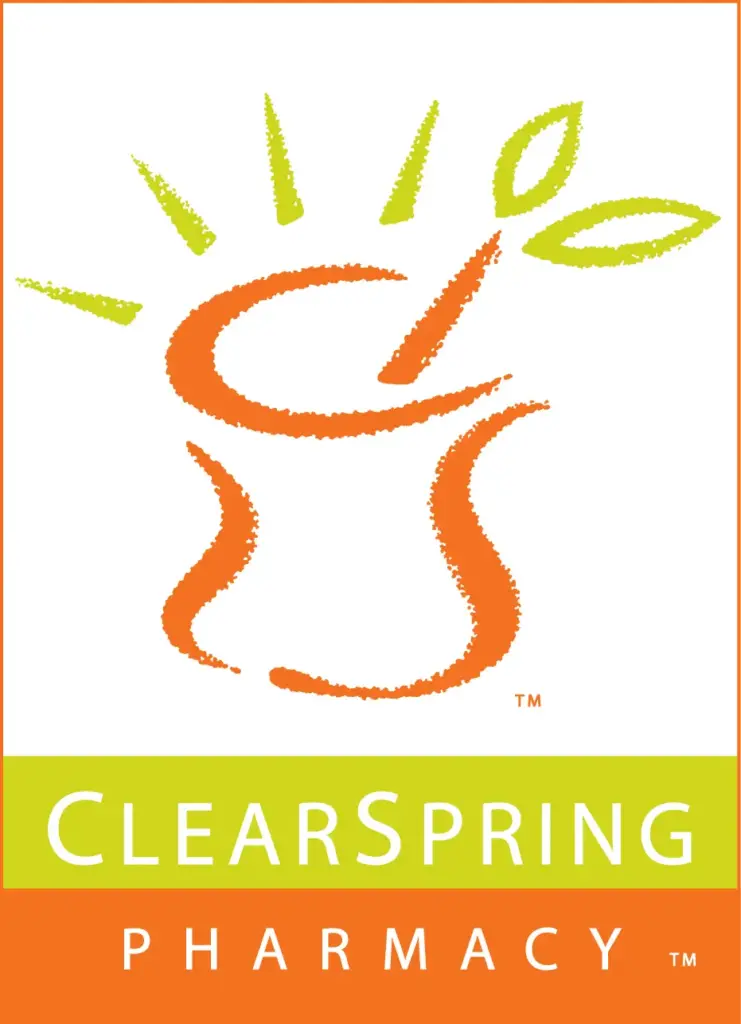Vaccines for College
Once summer winds down, students nationwide begin their college preparations. In addition to books, clothes, and supplies, it is essential to know about specific health requirements when attending school.
Many colleges will have vaccination requirements for students returning or attending for the first time. There may also be requirements from the state.
Health concerns can be present when many people travel from across the country and share a close living space. This type of environment is prime for the spread of disease and sickness. Vaccines help mitigate these risks.
Why Vaccines Are Important
As mentioned, disease and illness can spread rapidly in living situations that colleges provide. That’s why sometimes you can find an entire dorm floor getting sick around the same time. It spreads quickly and easily with such close quarters and social situations.
Vaccines serve as a line of defense against the spread of sickness. Not only do they protect the individual from disease, but they also help reduce the spread.
If there is a breakthrough sickness, vaccines will help reduce the number of people (staff and students) it infects.
Common College Vaccine Requirements
Check with your college to find out if they require any vaccines. The vaccines required for college attendance may vary depending on the institution and the prevailing health guidelines.
3 vaccines are commonly required by vaccines:
1. Meningitis Vaccine
Also known as the meningococcal vaccine, this vaccine is used to prevent severe bacterial infections. Meningococcal disease spreads through respiratory droplets, which can make it highly contagious in a college campus setting.
Getting this vaccine helps protect against several strains of the bacteria.
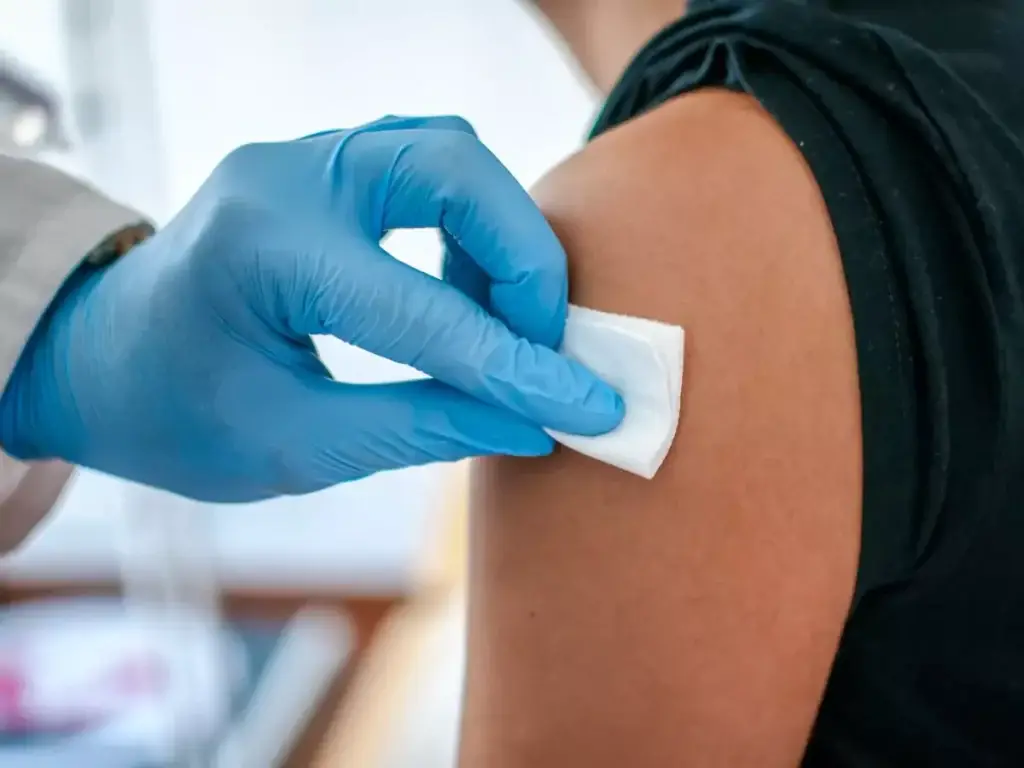
2. TDaP (Boostrix)
This is a combined vaccine that includes protection against tetanus, diphtheria, and pertussis.
Tetanus, also known as lockjaw, is a bacterial infection affecting the nerves. It causes muscle contractions, mainly in the jaw and neck. While there is no cure once contracted, vaccines are great at prevention.
Diphtheria creates a thick gray membrane in the throat, making it difficult to breathe and swallow. This illness is rare in developed countries due to proper vaccination.
Pertussis is a highly contagious respiratory tract infection known as whooping cough. It is easily transmissible in close quarters but also easily preventable with vaccination.
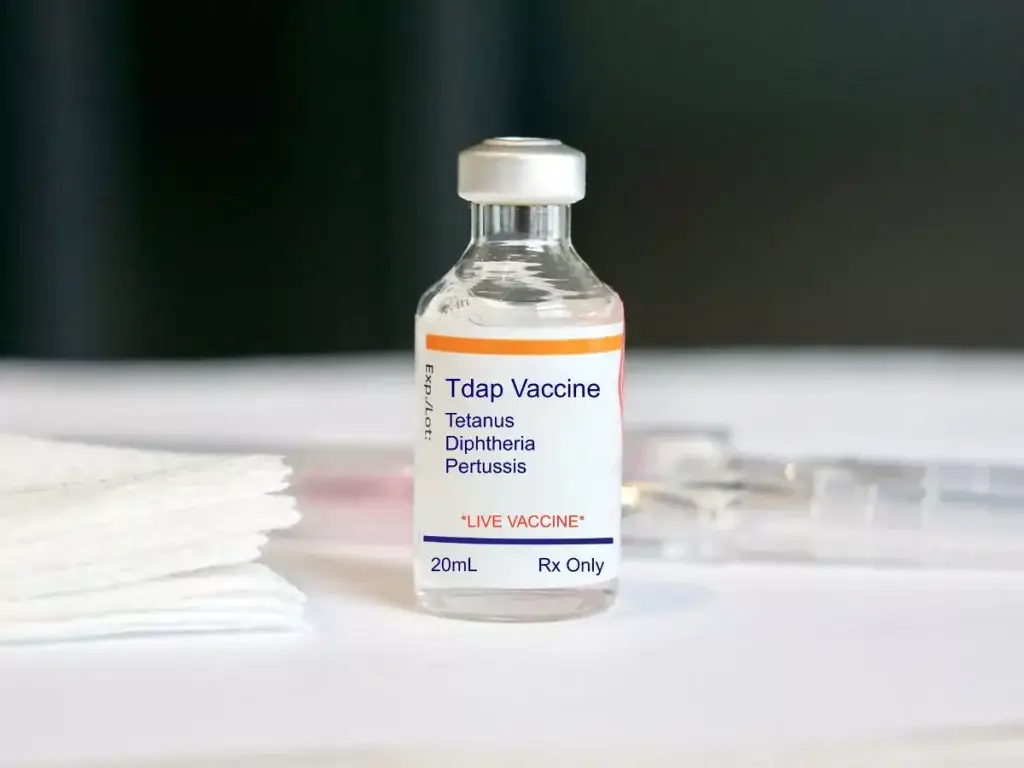
3. Human Papillomavirus Vaccine (HPV)
HPV vaccines are a two to three dose regimen that helps prevent cancer-causing infections and precancers, often times found in the cervix.
The first dose is usually taken between the ages of 11 and 12. Sometimes, they can be taken as early as age 9. The second dose is then administered 6 to 12 months after the first.
For those between the ages of 15 and 26 who have not received the HPV vaccine, a third dose will be required. The 3 doses will be given over a 6-month time frame.
This vaccine has drastically reduced HPV infections and cervical precancers since its introduction in 2006. For this reason, many colleges will want to ensure students are up to date with this vaccine.

Get Vaccinated for College at ClearSpring Pharmacy
As mentioned, vaccinations can make the college environment much safer for students. Because of this, many have vaccination requirements to prevent outbreaks on campus.
ClearSpring Pharmacy offers these vaccinations for students preparing to venture off to college. Our staff is kind and professional and will help you properly navigate your health requirements.
You can easily schedule online and call or text our Cherry Creek location.
